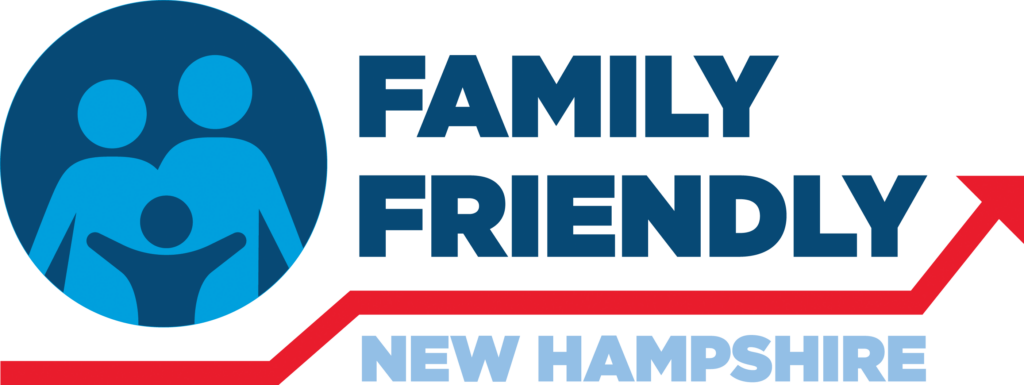CONCORD, NH – Ahead of Labor Day, anti-poverty organization Oxfam America has released its annual Best States to Work Index (BSWI), a robust database and interactive map that measures policies supporting working families in all 50 states (plus Washington, DC and Puerto Rico). New Hampshire has fallen in the rankings, and is ranked lowest in New England, falling behind the region in wages and workplace conditions. Labor policy advocates in New Hampshire including representatives from the State Employees Association, SEIU Local 1984, and the American Federation of Teachers, gathered together this morning in Concord to reflect on the policies needed to make New Hampshire a better state for working people and the need to elect candidates who will support those policies.
“This year Labor Day comes at a moment when workers face daunting challenges at work and in their communities: historic levels of inflation eroding actual wages, an ongoing pandemic in which people are still needing to take time out for extended periods to quarantine due to Covid but often lack paid time off to do so,” noted Amanda Sears, New Hampshire State Director of the Campaign for a Family Friendly Economy. “Working families, and the economy, thrive when workers are guaranteed better wages, protections, and rights. As voters head to the polls this November I hope they will prioritize candidates who support policies that enable working families to have the opportunity to get ahead.”
Terie Norelli, former Speaker of the New Hampshire House of Representatives is an ambassador for Oxfam America and presented the report findings, “I am disappointed to share that New Hampshire has fallen in the rankings again this year. The worst area is wages, with a minimum wage stuck at $7.29 since 2009. Compared to other states in New England we stick out as each of those states has a minimum wage at least five dollars per hour higher than New Hampshire’s.”
The current New Hampshire Legislature has failed to pass policies to implement a minimum wage for New Hampshire and efforts by the previous Legislature were thwarted when Governor Sununu vetoed multiple minimum wage bills.
Viola Katusiime, with Granite State Organizing Project, noted that partners in the Raise Up NH coalition have identified opportunities to raise wages through municipal policy while progress has been stymied at the state level. “We organized and advocated with the Manchester Board of Mayor and Alderman and were victorious in passing a resolution to set the wage floor at $15 per hour for full-time workers and just over a week ago the Mayor and Board of School Committee unanimously voted to raise the minimum wage for paraprofessionals and food service workers. This will benefit 372 school district employees, their families and our community”
Deb Howes, President of the American Federation of Teachers, New Hampshire, an affiliation of 28 local unions noted that Labor Day coincides with back to school for families with children and this year in each position connected to a school, teachers, paraeducators, food service workers, custodians, bus drivers, if it’s a job done in a school there is a shortage of people to fill those jobs. She joined others in urging voters to consider the needs of our work force when evaluating candidates, “We need policy makers who will support public schools as the heart of their communities, and who will fund them fairly across the state. We need policymakers who will respect teachers, paraeducators and other school staff and not put targets on our backs.”
Report: Best and Worst States to Work in America
Maps: Best States to Work interactive map
Best States for Working Women interactive map
